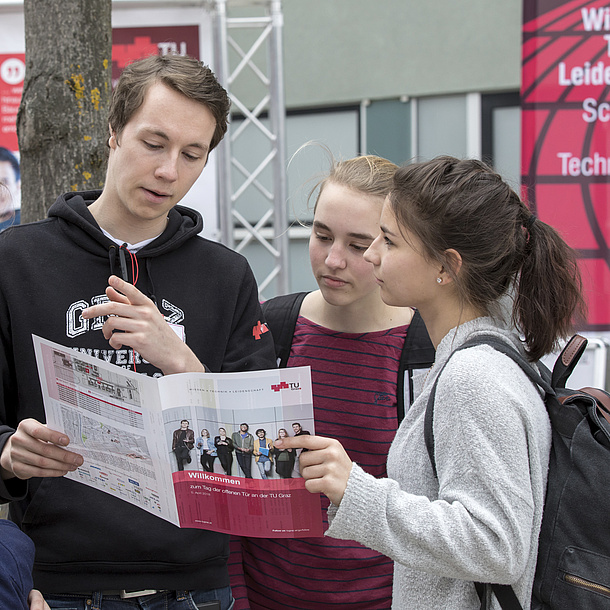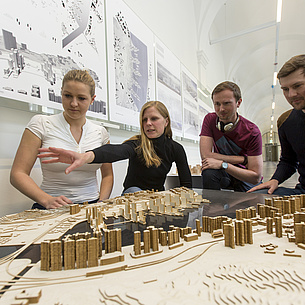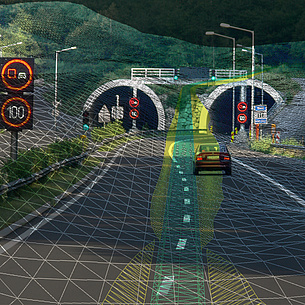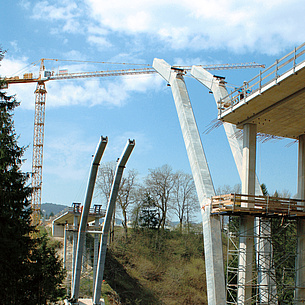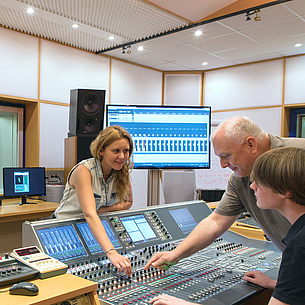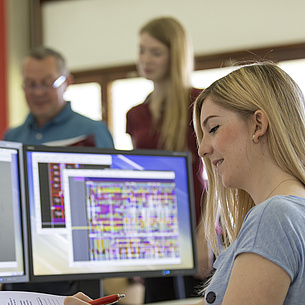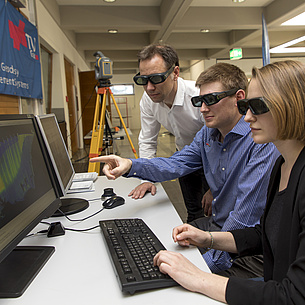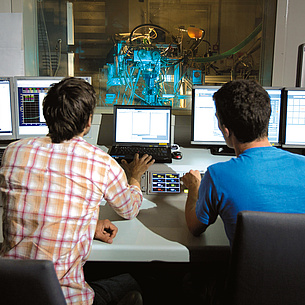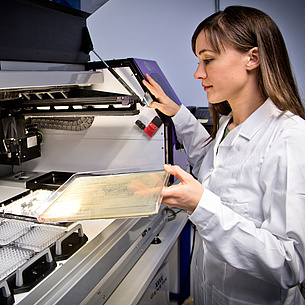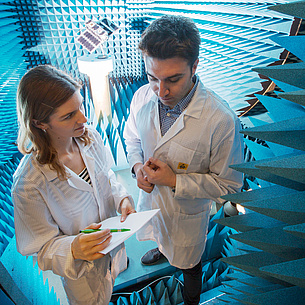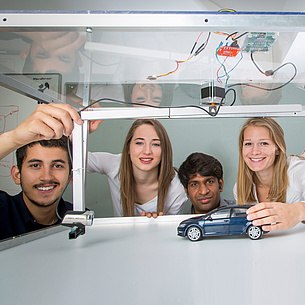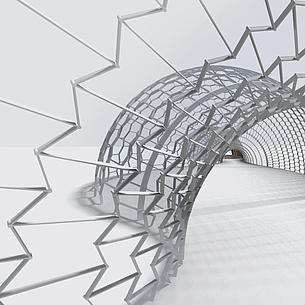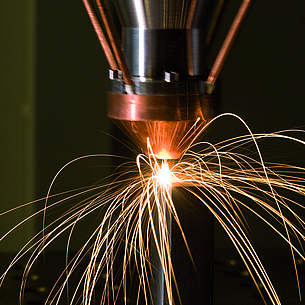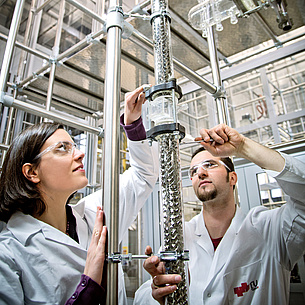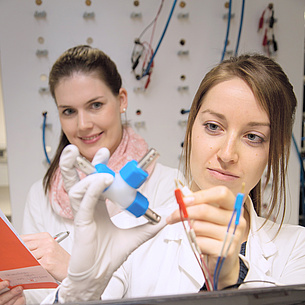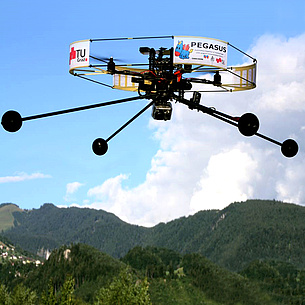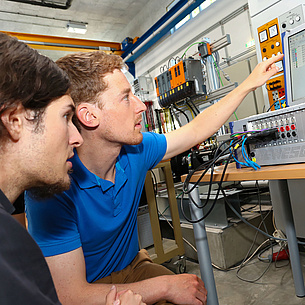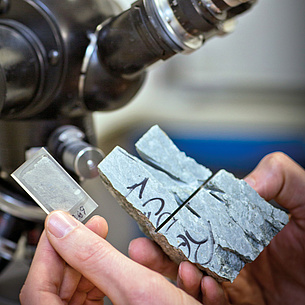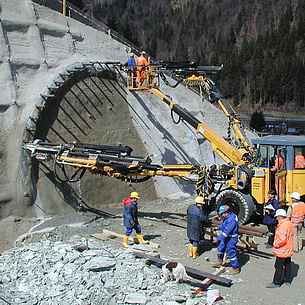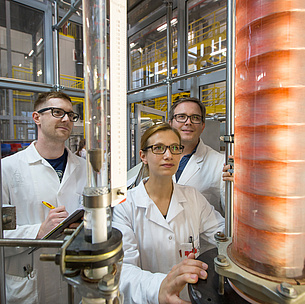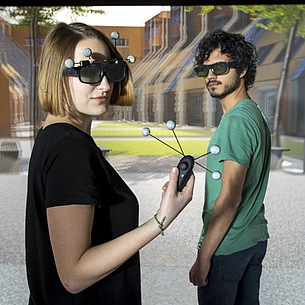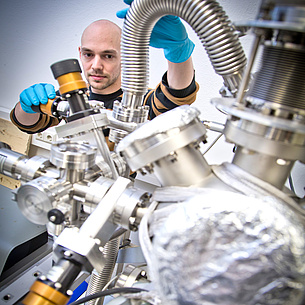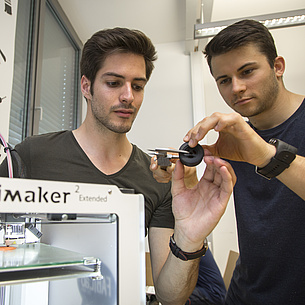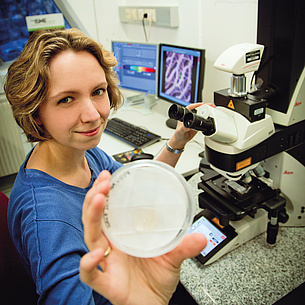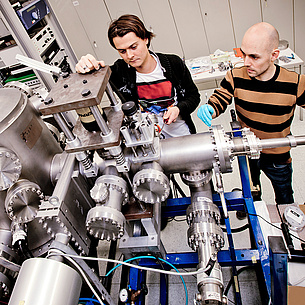Master's Degree Programmes Taught in German
- Architecture
- Biochemistry and Molecular Biomedicine*
- Civil Engineering Sciences and Structural Engineering
- Civil Engineering Sciences, Infrastructure
- Construction Management, Civil Engineering
- Electrical Engineering and Audio Engineering
- Electrical Engineering and Business
- Geodesy
- Geospatial Technologies*
- Mechanical Engineering
- Mechanical Engineering and Business Economics
- Molecular Microbiology*
- Plant Sciences*
- Space Sciences and Earth from Space*
- Teacher Education – Subject Computer Science and Digital Education
- Teacher Education – Subject Descriptive Geometry
*in cooperation with the University of Graz
(NAWI Graz degree programme)
Master's Degree Programmes Taught in English
- Advanced Materials Science*
- Biomedical Engineering
- Biotechnology*
- Chemical and Pharmaceutical Engineering*
- Chemical and Process Engineering
- Chemistry*
- Computational Social Systems
- Computer Science
- Data Science*
- Digital Engineering
- Electrical and Electronics Engineering
- Environmental Systems Sciences / Climate and Environmental Monitoring*
- Geosciences*
- Geotechnical and Hydraulic Engineering
- Green Process Engineering
- Information and Computer Engineering
- Mathematics*
- Physics*
- Production Science and Management
- Software Engineering and Management
- Technical Chemistry*
- Technical Physics*
*in cooperation with the University of Graz
(NAWI Graz degree programme)
Extension programme
What is an Extension Programme?
Within the framework of an extension degree programme, you can acquire additional skills in a subject during or after completing a Master's or diploma degree programme in order to strengthen your professional profile and increase your career opportunities.

